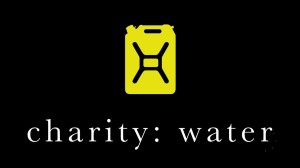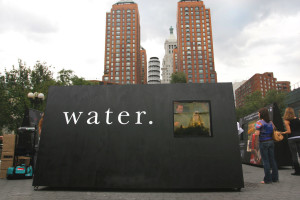There are so many problems in the world that often seem insurmountable. War, poverty, orphan care and world hunger, just to name a few. One such problem that has often discouraged people with its magnitude is the lack of clean water for all people.
What I really appreciate about Theresa Dankovich is that instead of just throwing more money at solutions that work somewhat, but may not be the best, she dedicated her time to coming up with something truly revolutionary. Enter; the Drinkable Book.
Utilizing paper coated in silver nano-particles Theresa created a book comprised of filtering pages. Each page acts as a “scientific coffee filter” purifying out 99% of the bacteria resulting in water as pure as the tap water in our own country. Each book costs only pennies to produce, each filter lasts for 30 days and one book is capable of providing clean water for four years. This innovation is going to revolutionize the water purifying process, being by far the cheapest option out there.
But one of the most unique aspects of the “Drinkable Book” is that on each page/filter is printed information about how to keep one’s water clean. Knowledge that many of us take for granted, such as keeping trash and feces away from your water source.
To see the Drinkable Book in action, watch the short video below. It is truly incredible.


 In addition to creating a soil enhancer, sustainable biochar practices can produce oil and gas byproducts that can be used as fuel, providing clean, renewable energy. When the biochar is buried in the ground as a soil enhancer, the system can become “carbon negative.”
In addition to creating a soil enhancer, sustainable biochar practices can produce oil and gas byproducts that can be used as fuel, providing clean, renewable energy. When the biochar is buried in the ground as a soil enhancer, the system can become “carbon negative.”
 The Model
The Model quality around the world, have been utilized by this organization. Said exhibit would be set up in different parks in New York City, to educate as well as fund-raise by selling $20 water bottles to support the organization.
quality around the world, have been utilized by this organization. Said exhibit would be set up in different parks in New York City, to educate as well as fund-raise by selling $20 water bottles to support the organization.